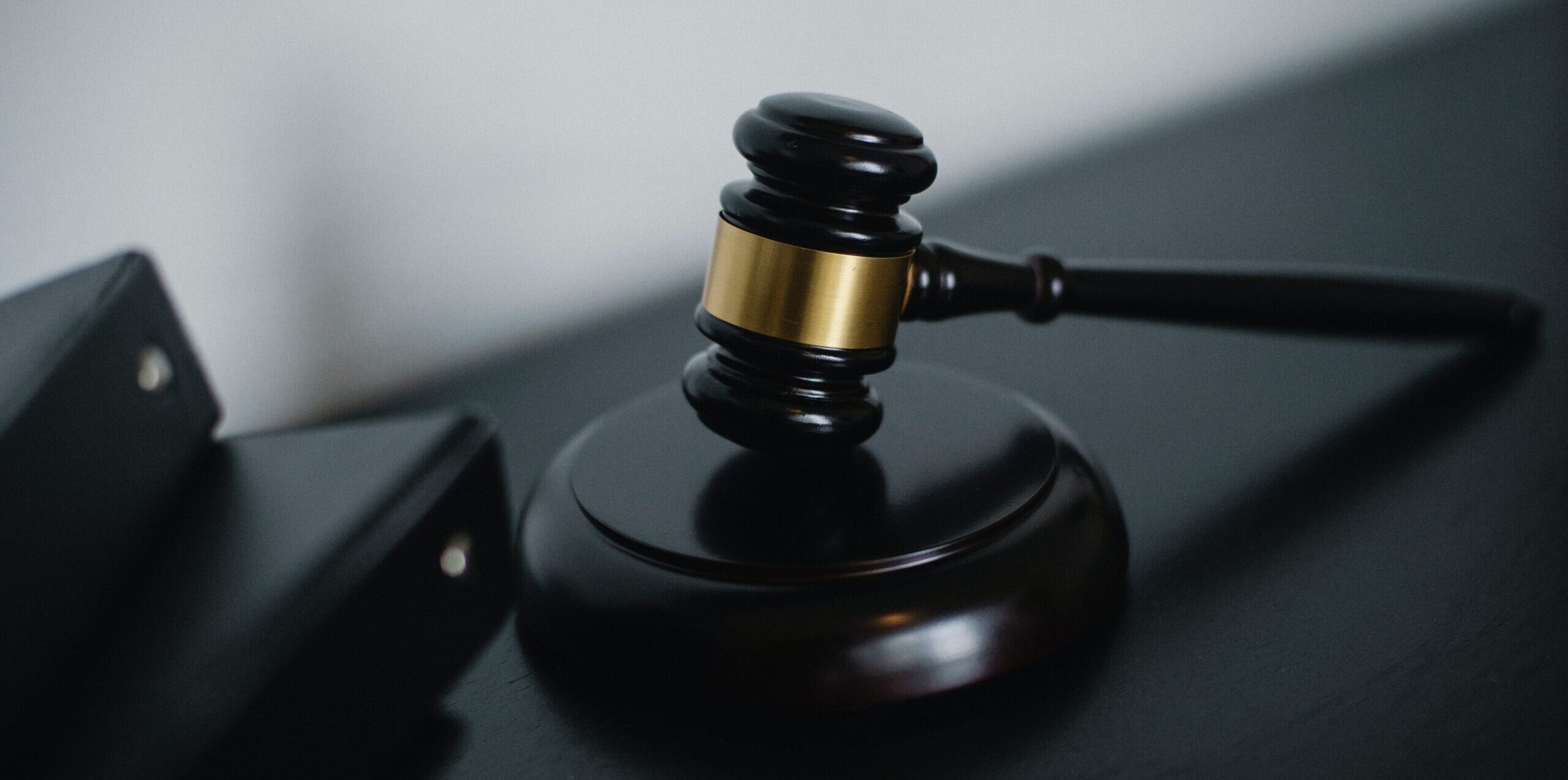In the previous article, we talked about the rare cases, when false confessions are given by the wrongfully convicted themselves. But a more common scenario is when witnesses or jailhouse snitches give false testimonies. Let’s see how these go.
False Eyewitness Testimonies
According to the Innocence Project, eyewitness misidentification is the main contributor to most false convictions. Of course, there are several reasons why and how this could happen, and most are not intentional. As time passes, it gets more and more difficult to properly recall the details of what they saw, and when they are under pressure, or the police have a strong suggestion, the chances of misidentification get higher.
When determining the possible correctness of an eyewitness testimony, it is important to examine whether law enforcement acted correctly and did not try to influence the eyewitness in any way during the interview. Then it should be taken into account whether the identification procedure was fair and unbiased, and finally, there are several factors that could increase or decrease the accuracy of the eyewitness testimony. Among these factors, we can think about the potential gaps in their memory, their distance from the crime scene, the visibility conditions, the potential trauma or stress they endured, and the issues associated with cross-racial identification.
And what about the testimonies provided by fellow inmates? Let’s take a closer look.
Jailhouse Snitches
Generally speaking, snitching not only makes jailhouse informants unpopular among their peers, but it can put their lives in serious danger. Then why do they decide to testify? What’s in it for them? The US justice system allows inmates to negotiate their sentences if they have valuable information that could help the authorities solve other, serious crimes. When an inmate is desperate enough, they would do just about anything to reduce their sentence. Including lying about overhearing other inmates fully confessing crimes and other mischiefs.
These testimonies are regarded as unreliable and therefore need to be properly cross-examined. Still, many wrongful convictions result from these false testimonies.
For more info about the shady world of jailhouse informants and how they operate within the US justice system, check out these resources:
- Jailhouse informants lie. Should they be allowed to testify?
- Defending Against Jailhouse “Snitches”
- Jailhouse Snitch Testimony – A Policy Review
- The Shadowy World of Jailhouse Informants: Explained
This post may contain sponsored or affiliate links.

